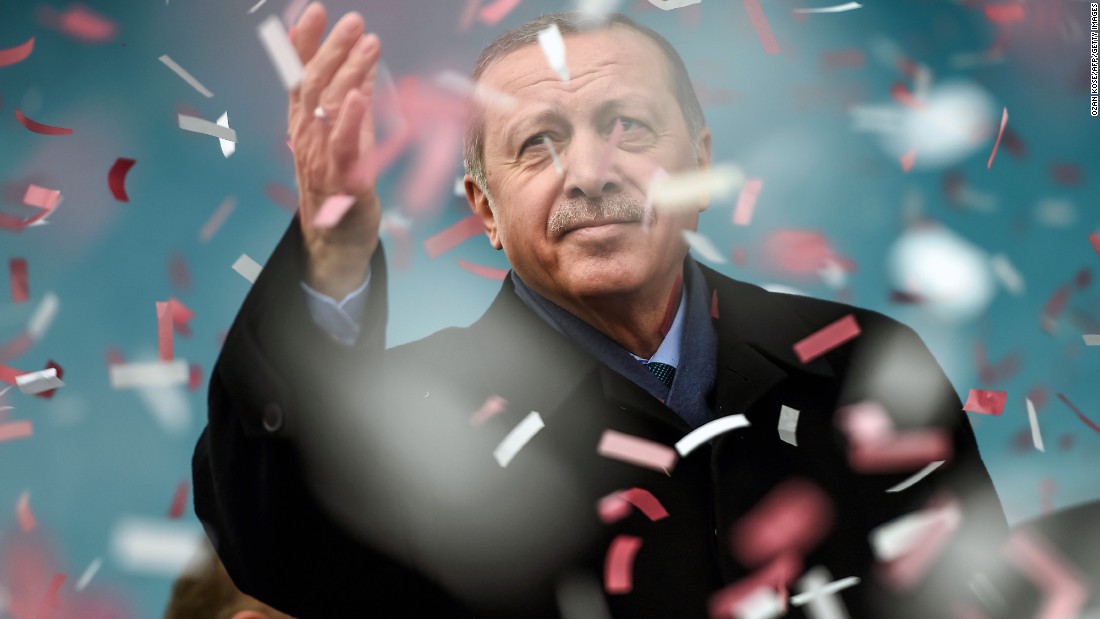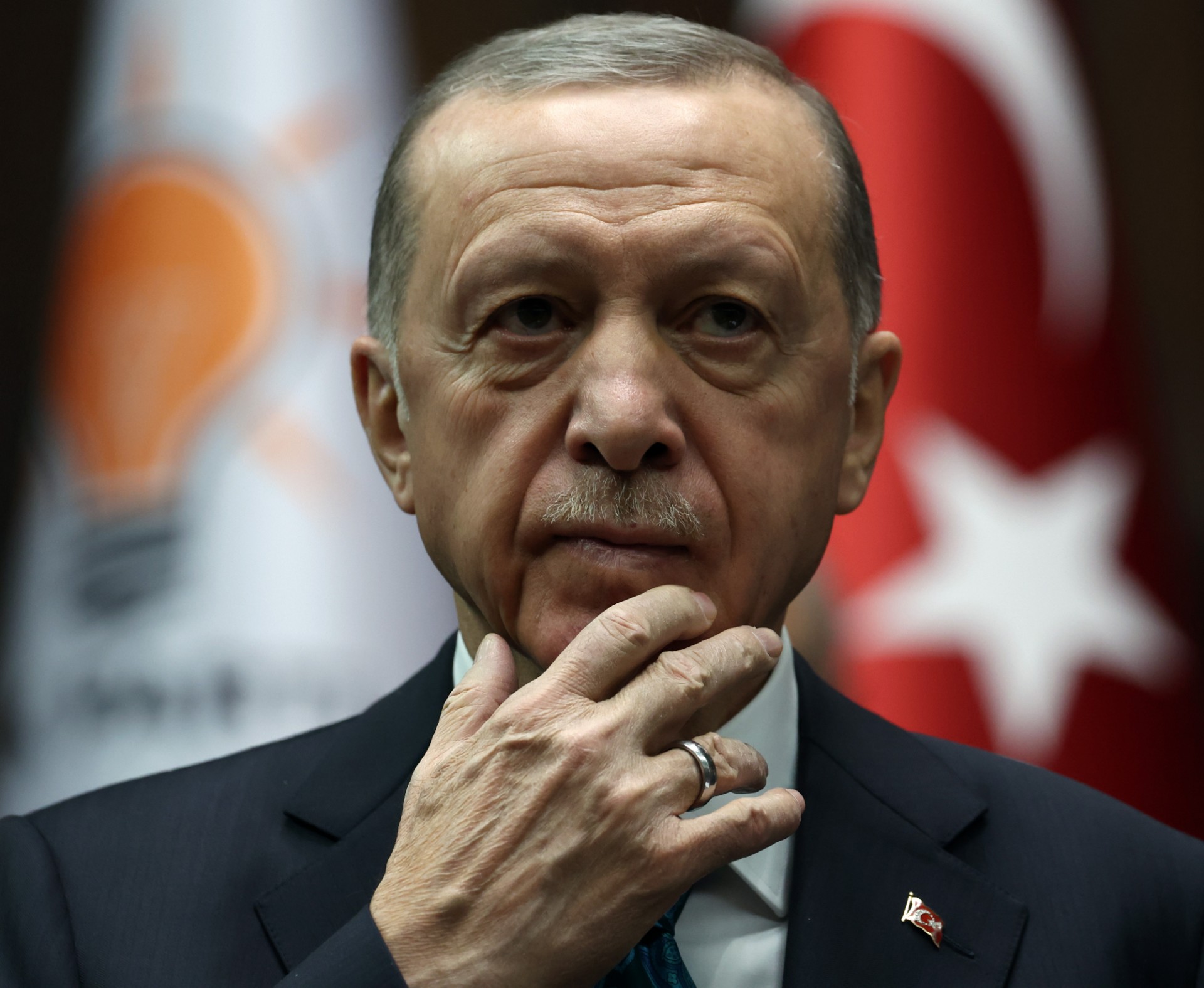If you're diving into the world of modern Turkish politics, you simply can't overlook the name Erdogan. The man, the myth, the legend—Recep Tayyip Erdogan has been the driving force behind Turkey's transformation over the past two decades. From his humble beginnings to becoming one of the most powerful leaders in the Middle East, Erdogan's journey is nothing short of extraordinary. But let's not get ahead of ourselves. Before we dive deep into his policies, controversies, and legacy, let's set the stage with a little background.
Erdogan isn't just a politician; he's a cultural icon, a polarizing figure, and a symbol of Turkey's evolving identity. His tenure as both prime minister and president has shaped Turkey's domestic policies and international relations in ways that will be studied for years to come. Whether you love him or hate him, there's no denying his influence on Turkish society.
Now, before we jump into the nitty-gritty of Erdogan's political career, let's take a moment to understand who he really is. In this article, we'll explore his life, his rise to power, the key policies that defined his leadership, and the controversies that have shadowed his administration. By the end of this, you'll have a comprehensive understanding of why Erdogan is such a pivotal figure in modern Turkish history. So, grab your coffee, and let's dive in!
Read also:Myles Turner The Rising Star In The Nba Skyline
Table of Contents
- Biography of Erdogan
- Early Life and Education
- Political Career
- Key Policies and Achievements
- Controversies Surrounding Erdogan
- Erdogan's Impact on International Relations
- Economic Impact Under Erdogan
- Domestic Challenges Faced by Erdogan
- Legacy of Erdogan
- Future Outlook for Turkey Under Erdogan
Biography of Erdogan
Let's kick things off with a little bio. Recep Tayyip Erdogan was born on February 26, 1954, in the bustling city of Rize, Turkey. His early life was anything but glamorous. Growing up in a modest household, Erdogan worked as a street vendor to help support his family. This humble beginning shaped his worldview and, arguably, his political ideology.
Early Life and Education
Erdogan's early years were marked by hard work and dedication. He attended the Imam-Hatip religious school, which laid the foundation for his conservative values. Later, he pursued a degree in business administration from Marmara University, balancing academics with his passion for soccer—he even played professionally for a short while. This blend of religious education and business acumen would later define his leadership style.
| Full Name | Recep Tayyip Erdoğan |
|---|---|
| Date of Birth | February 26, 1954 |
| Place of Birth | Rize, Turkey |
| Education | Imam-Hatip School, Marmara University |
| Profession | Politician, Former Soccer Player |
Political Career
Erdogan's political journey began in the 1980s when he joined the Welfare Party, a conservative political group. His rise was meteoric, and by 1994, he was elected Mayor of Istanbul. His tenure as mayor was marked by significant infrastructure improvements and a focus on public services, earning him widespread acclaim.
Key Moments in His Career
- Mayor of Istanbul (1994-1998): Implemented major urban development projects.
- Founding of AK Party (2001): Established the Justice and Development Party (AKP), which became the dominant political force in Turkey.
- Prime Minister (2003-2014): Oversaw significant economic growth and political reforms.
- President (2014-present): Consolidated power through constitutional changes, making the presidency more executive.
Key Policies and Achievements
Erdogan's leadership has been characterized by ambitious policies aimed at transforming Turkey into a regional powerhouse. His administration has focused on economic development, infrastructure, and social welfare. Here are some of the key achievements:
- Economic Growth: Under Erdogan, Turkey experienced rapid economic growth, with GDP increasing significantly.
- Infrastructure Projects: Launched mega projects like the Eurasia Tunnel and Istanbul Airport.
- Social Reforms: Expanded healthcare and education access to millions of Turks.
Controversies Surrounding Erdogan
No discussion of Erdogan is complete without addressing the controversies that have plagued his administration. Critics accuse him of authoritarian tendencies, curtailing press freedom, and suppressing political opposition. The 2016 coup attempt and subsequent crackdown on perceived dissenters have further polarized opinions about his leadership.
Major Controversies
- Press Freedom: Many journalists have been imprisoned under his watch.
- Political Oppression: Thousands of government employees and academics have been dismissed following the coup attempt.
- Foreign Policy Tensions: Relations with Western allies have been strained due to his assertive foreign policy.
Erdogan's Impact on International Relations
Erdogan has positioned Turkey as a key player in the Middle East and beyond. His assertive foreign policy has seen Turkey engage in conflicts in Syria, Libya, and Nagorno-Karabakh. While this has bolstered Turkey's influence, it has also strained relations with traditional allies like the United States and European Union.
Read also:10 Great Movies To Stream While You Wait For Edgar Wrights The Running Man Remake
Key Foreign Policy Moves
- Syria: Turkey's intervention in Syria has been both praised and criticized.
- Libya: Erdogan's support for the GNA has shifted the balance of power in Libya.
- Nagorno-Karabakh: Turkey's backing of Azerbaijan has strengthened regional ties.
Economic Impact Under Erdogan
One of Erdogan's most significant achievements has been the economic transformation of Turkey. During his tenure, Turkey's economy grew rapidly, making it one of the largest in the region. However, recent years have seen challenges, with inflation and currency depreciation becoming major concerns.
Challenges and Opportunities
- Inflation: Rising costs have impacted the daily lives of Turkish citizens.
- Currency Fluctuations: The lira's depreciation has raised concerns about economic stability.
- Investment Opportunities: Despite challenges, Turkey remains an attractive destination for foreign investors.
Domestic Challenges Faced by Erdogan
While Erdogan's leadership has brought about significant changes, it has not been without its challenges. Domestic issues such as economic instability, social divisions, and political polarization have tested his administration. Navigating these challenges will be crucial for Turkey's future.
Addressing Domestic Issues
- Economic Reforms: Implementing measures to stabilize the economy.
- Social Cohesion: Bridging the gap between different societal groups.
- Political Reforms: Ensuring democratic processes remain robust.
Legacy of Erdogan
As Erdogan's tenure continues, his legacy remains a topic of intense debate. Some see him as a visionary leader who transformed Turkey into a modern, prosperous nation. Others view him as an authoritarian figure who has undermined democracy. Regardless of perspective, his impact on Turkey and the region is undeniable.
Shaping Turkey's Future
- Political Influence: Erdogan's policies will continue to shape Turkish politics for years to come.
- Economic Foundations: The economic reforms he implemented will serve as a foundation for future growth.
- Regional Leadership: Turkey's role in the Middle East will be defined by Erdogan's foreign policy.
Future Outlook for Turkey Under Erdogan
Looking ahead, Turkey faces both opportunities and challenges under Erdogan's leadership. The country's potential as a regional powerhouse is immense, but addressing economic and social issues will be critical. As Erdogan continues to shape Turkey's destiny, the world watches with anticipation to see how this story unfolds.
Final Thoughts
In conclusion, Recep Tayyip Erdogan is a complex and multifaceted figure whose impact on Turkey cannot be overstated. His policies, achievements, and controversies have defined modern Turkish history. As you reflect on his legacy, consider the role you can play in shaping the narrative. Share your thoughts in the comments, and don't forget to explore other articles on our site for more insights into global politics and leadership.


